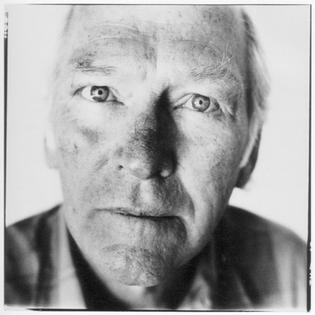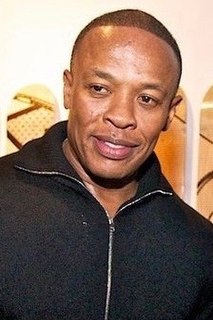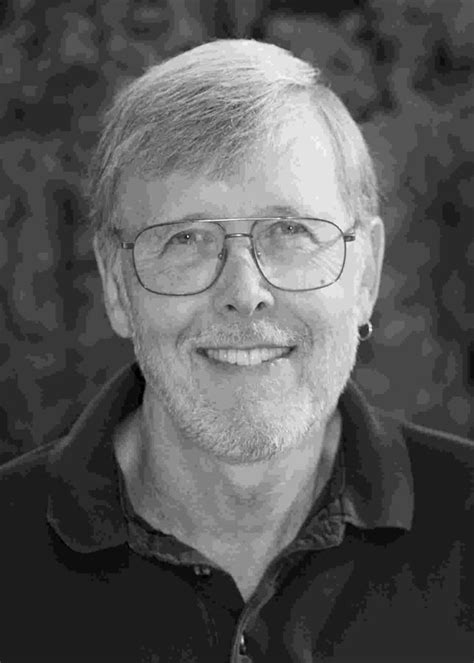A Quote by Friedrich Nietzsche
Every step forward is made at the cost of mental and physical pain to someone.
Quote Topics
Related Quotes
In the central cases of physical pain, then, it appears that at least part of what is bad about our condition is the way it makes us feel. Here there seem to be no problems with a purely mental state account, no counterpart to the experience machine that could bring us to think that we are being deceived by mere appearances. [...] If I am suffering physical pain then I can be quite wrong about the organic cause of my affliction, or even about whether it has one, without that error diminishing in the slightest either the reality of my pain or its impact on the quality of my life.
Barring extreme physical and mental disabilities, each and every one of us is where we are today -- be it poor or wealthy, happy or sad, on the streets or in a condo, in a Mercedes or a rusted-out Pinto -- because of the choices we have made during our lives. It's the choices we have made that put us where we are, not the choices others have made for us.
Pain (any pain--emotional, physical, mental) has a message. The information it has about our life can be remarkably specific, but it usually falls into one of two categories: We would be more alive if we did more of this and Life would be more lovely if we did less of that. Once we get the pain's message, and follow its advice, the pain goes away.








































